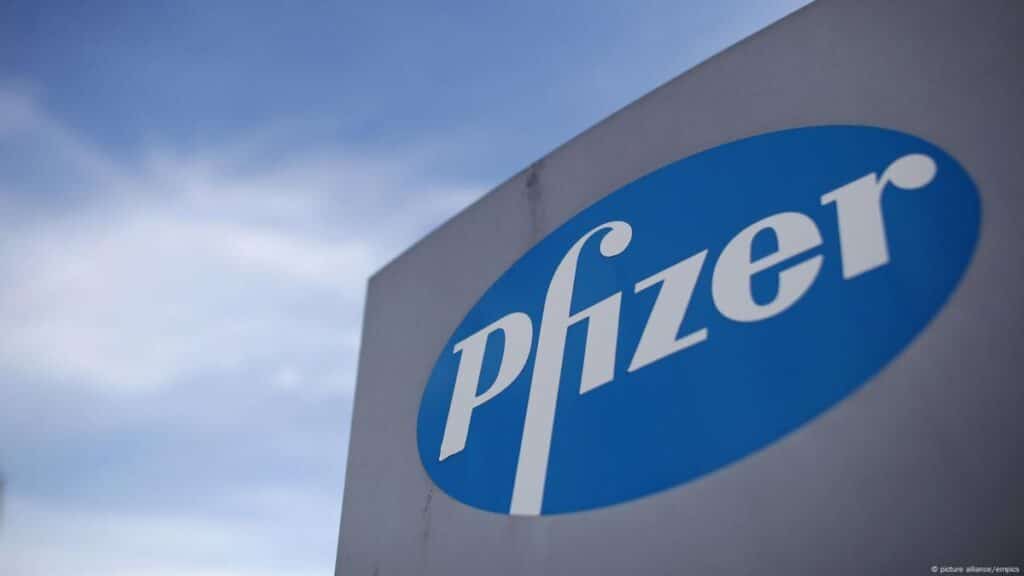
Pfizer has announced plans to begin clinical trials later this year for a once-daily version of its weight-loss pill danuglipron, following the abandonment of a twice-daily version last year due to high dropout rates and side effects such as nausea and vomiting.
The new formulation is part of the second generation of weight-loss pills being developed by major drugmakers, including Eli Lilly and Novo Nordisk, aimed at offering patients a more convenient alternative to injectable treatments. Analysts predict that the global weight-loss drug market could surpass $150 bn in annual sales by the early 2030s, with Novo Nordisk’s Wegovy and Eli Lilly’s Zepbound currently leading the sector.
Pfizer’s Development Strategy and Market Concerns
Pfizer has not provided a precise timeline for the drug’s development but said it will test multiple doses in the second half of 2025 before moving forward with full clinical trials. Early results suggest once-daily dosing is viable, with no liver enzyme issues detected among more than 1,400 healthy volunteers.
The company had already discontinued another daily weight-loss candidate, lotiglipron, after safety concerns emerged when it was found to increase liver enzyme levels. Despite this, Pfizer’s shares rose 2.8% in premarket trading to $29.14, though the stock has lost more than half its value since peaking at $61 in December 2021, mainly due to declining COVID-19 product sales and investor concerns over its drug pipeline.
Analysts remain cautious, with JP Morgan’s Chris Schott noting that Eli Lilly’s pill has a time-to-market advantage and raising questions about danuglipron’s tolerability. Other pharmaceutical firms, including Amgen and Viking Therapeutics, are also working on next-generation treatments in the highly competitive field.
The push for new drugs comes as Pfizer seeks to counter falling revenues from COVID-19 products. Earlier this week, the company confirmed that its chief scientific officer Mikael Dolsten will step down after more than 15 years.













